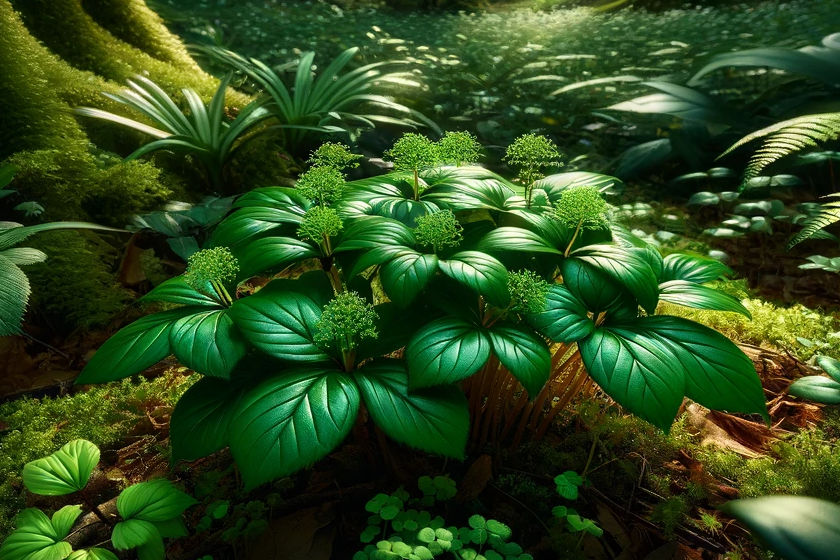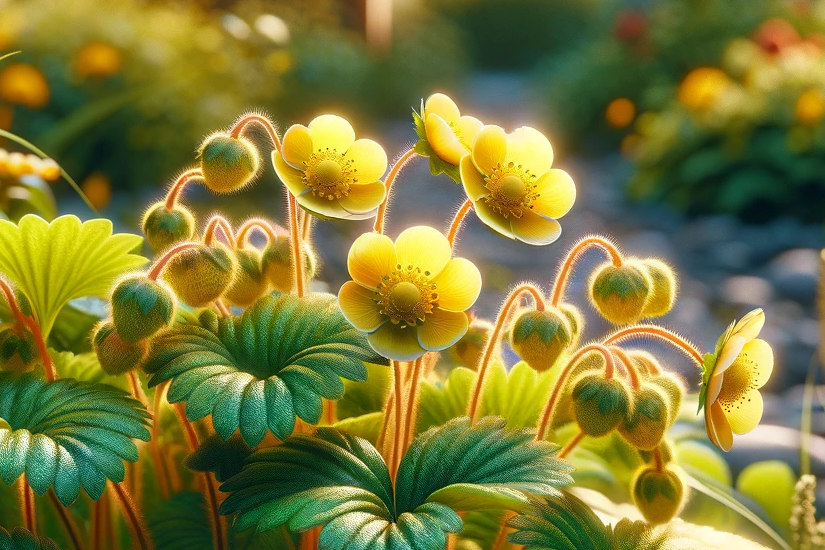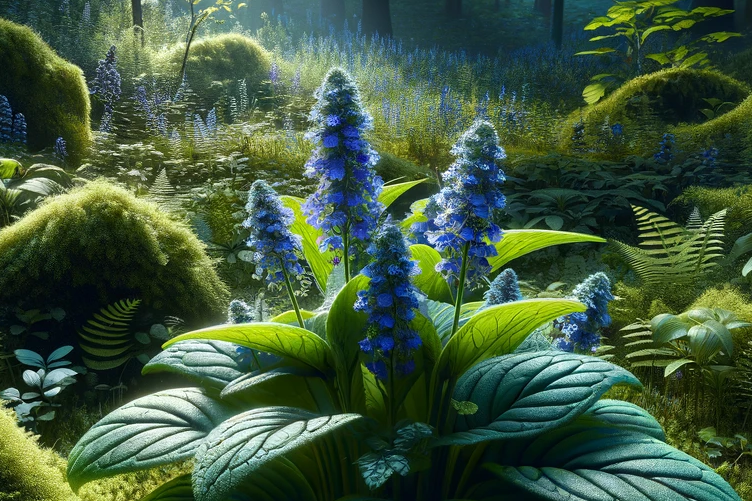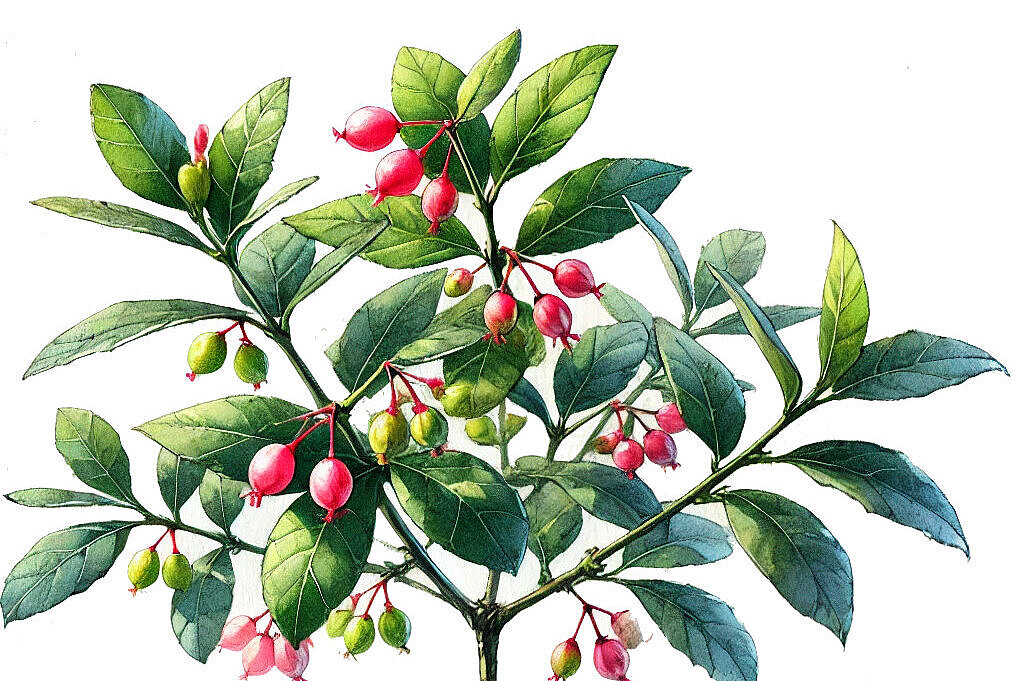Small evergreen

Lesser periwinkle, also known by its botanical name Vinca minor, is a popular ground cover plant that is prized in many gardens for its attractive, deep green leaves and distinctive blue or white flowers. This low-maintenance perennial provides dense foliage cover and blooms from spring to fall, making it an attractive choice for garden owners. But what about the safety of our four-legged friends when they encounter the small periwinkle? This article looks at the characteristics of lesser periwinkle and assesses its advantages and disadvantages with regard to dogs.
What is small periwinkle?
The small periwinkle(Vinca minor) is an evergreen perennial that belongs to the dogbane family(Apocynaceae). It is characterized by its ability to grow quickly and cover the ground with a dense carpet of shiny, oval leaves. From spring to fall, the plant produces small, star-shaped flowers, which usually appear in various shades of blue, but can also be white or pink. Originally native to Europe and western Asia, the small periwinkle is cultivated in temperate climates worldwide.
Advantages of small periwinkle in the dog garden
Landscape beauty
With its dense foliage and bright flowers, lesser periwinkle provides an aesthetic enhancement to any garden. It creates a calming green space where dogs love to play and relax.
Prevent soil erosion
Thanks to its ground cover properties, lesser periwinkle helps to prevent soil erosion, which is particularly beneficial on slopes or in areas where dogs might play and stir up the soil.
Disadvantages and potential dangers
Toxicity
The biggest concern with lesser periwinkle is its toxicity. All parts of the plant contain poisonous alkaloids which, if consumed by dogs, can lead to symptoms such as vomiting, diarrhea, lethargy and, in severe cases, convulsions and heart problems.
The lure of flowers
The beautiful flowers of lesser periwinkle can be tempting to curious dogs, increasing the risk of them eating parts of the plant and suffering poisoning.
Important safety tips
- Education and Caution: Educate yourself about the potential dangers of lesser periwinkle and supervise your dog in the garden, especially around the plant.
- Plant selection: Consider whether there are safer alternatives for your garden that offer similar landscape benefits without posing a danger to your dog.
Lesser periwinkle is an attractive and low-maintenance ground cover plant that enriches gardens with its beauty. However, it is important for dog owners to consider the toxicity of the plant and take appropriate precautions. Through conscious garden planning and careful monitoring of dogs, the risks can be minimized so that both the beauty of the lesser periwinkle and the safety of the four-legged family members are preserved. Ultimately, an informed decision based on knowledge of your dog's specific needs and health is the key to a harmonious coexistence of plants and pets in the garden.
If you notice any signs of hypersensitivity or poisoning in your dog, you should see your vet immediately. We are not a substitute for a vet, but we try to be as accurate as possible. Every dog reacts differently and we recommend you get a second opinion or consult your vet if in doubt.
Stay healthy and take good care of your four-legged friend!😊
Similar to Small evergreen
Japanese ysander, Pachysandra terminalis, is an evergreen, ground-covering perennial originally from Japan and China. This plant is characterized by its ability to form dense carpets that cover the...
The golden strawberry, or physalis, belongs to the nightshade family and includes various species, some of which are edible, such as Physalis peruviana (cape gooseberry) and Physalis philadelphica...
Ajuga belongs to the Lamiaceae family and includes several species, the best known of which is creeping Ajuga (Ajuga reptans). This perennial plant is characterized by its ability to quickly form...
Spindle bushes belong to the spindle tree family (Celastraceae) and include a large number of species and varieties that are found all over the world. They are characterized by their versatile...



